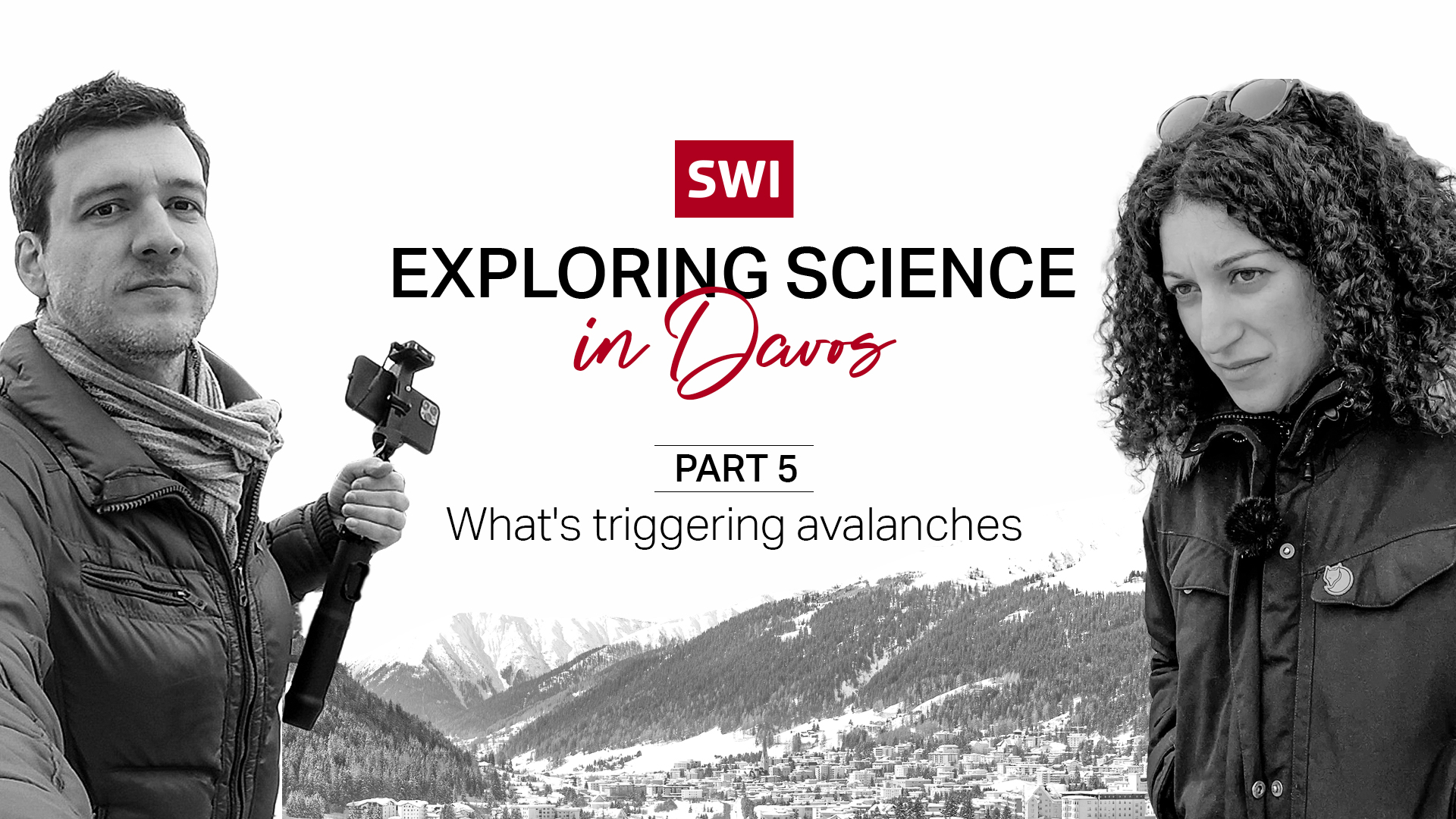Swiss alps face shortage of avalanche dog handlers

Training courses for handlers of avalanche dogs are struggling to recruit volunteers. Although technology and new tools make it easier to locate skiers buried under the snow, dogs remain essential to rescue operations, experts say.
In Siviez in the Swiss canton of Valais, only about 20 mountain enthusiasts took the avalanche dog handler training course last week. There are around 50 such handlers in Valais today – some 30% fewer than 20 years ago.
“You have be available to go into rescue work,” Yvan Morath, head of training for the French-speaking part of Valais, told Swiss public television, RTS. “People prefer to do something else.” Participants also have to be flexible. “You have to commit yourself, attend compulsory training sessions and cantonal courses,” Morath said.

More
What’s triggering avalanches?
Several requirements
Those interested in taking the course must also have a dog of a certain build as well as pass an entry test to meet certain requirements. “Being active in mountain hiking is a quality that we require of handlers who are familiar with alpine environments,” said Fabien Marmy, one of the course instructors.
Rescue dog handlers must also have an “excellent relation” with their animal, as well as be in good physical condition. “We often work in fairly steep, high-altitude environments,” explained Marmy.
To become fully operational, the course must be taken several days a week for three years. “In the third year, a “C” permit is granted to people who thus become confirmed handlers,” said Marmy. “These people will then be able to manage the safety aspects as well as their dog, have a global vision and organise an avalanche rescue operation.”
Today, dogs are still essential to rescue missions, because not all skiers are equipped with an avalanche victim detector.
“People think that with today’s technology, dogs are no longer relevant,” said Morath. “But in fact, they remain a key component of rescue operations.”
Translated from French using DeepL/amva/dos

In compliance with the JTI standards
More: SWI swissinfo.ch certified by the Journalism Trust Initiative

You can find an overview of ongoing debates with our journalists here . Please join us!
If you want to start a conversation about a topic raised in this article or want to report factual errors, email us at english@swissinfo.ch.